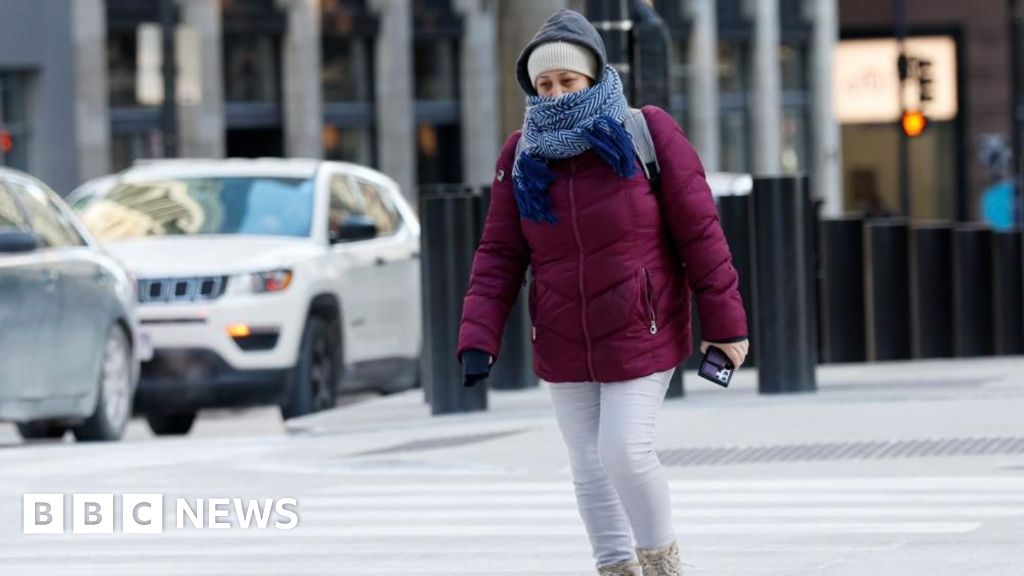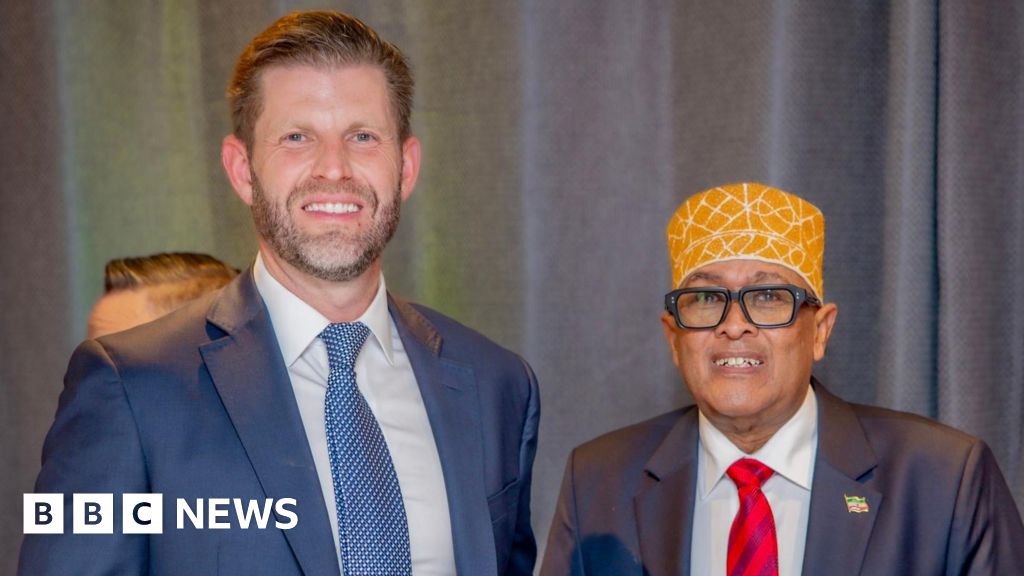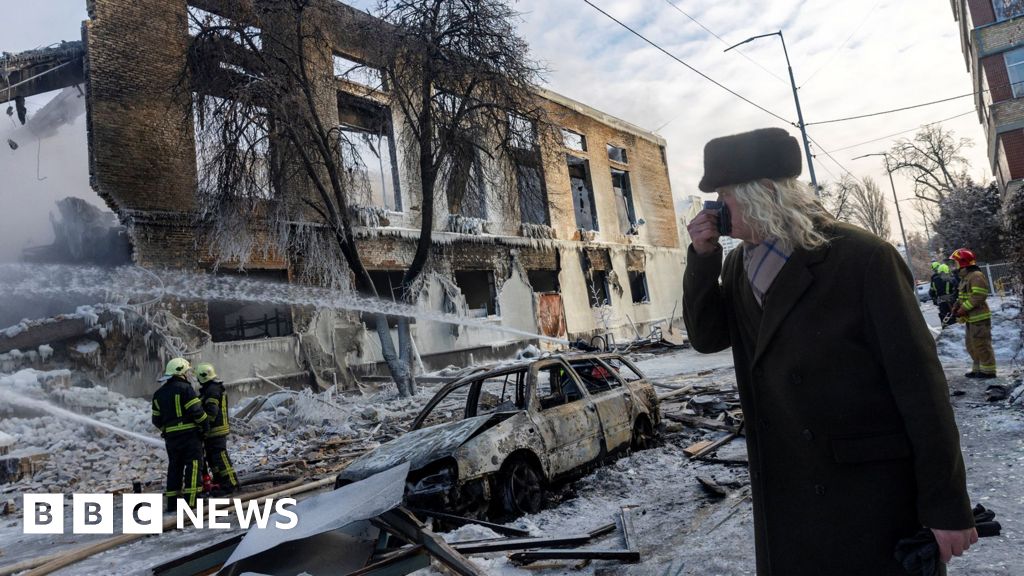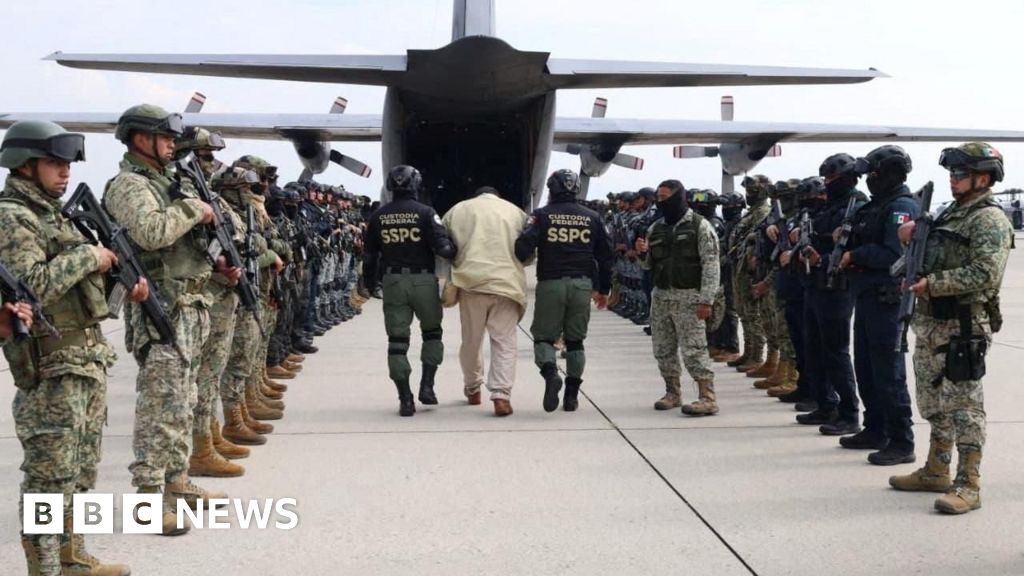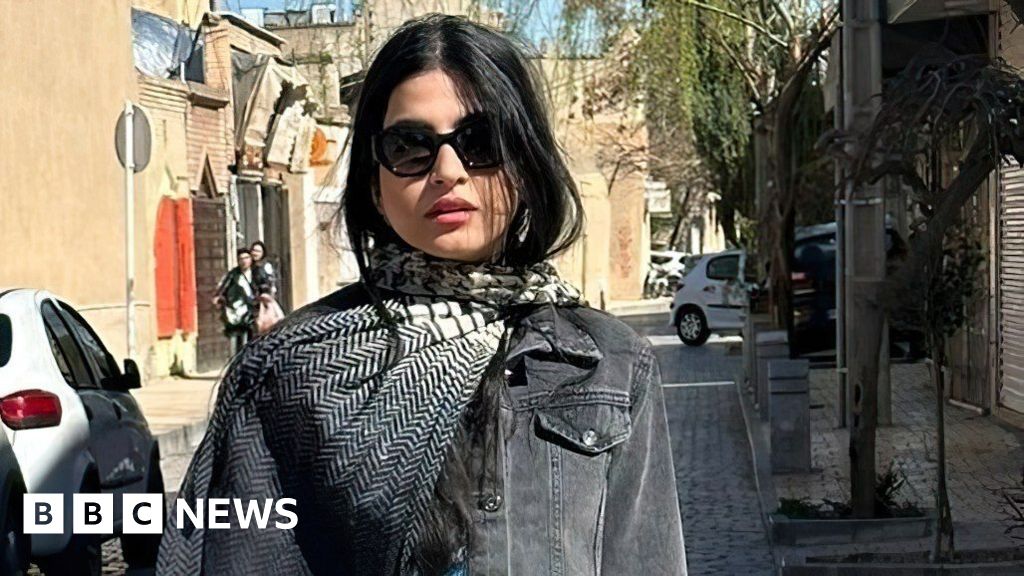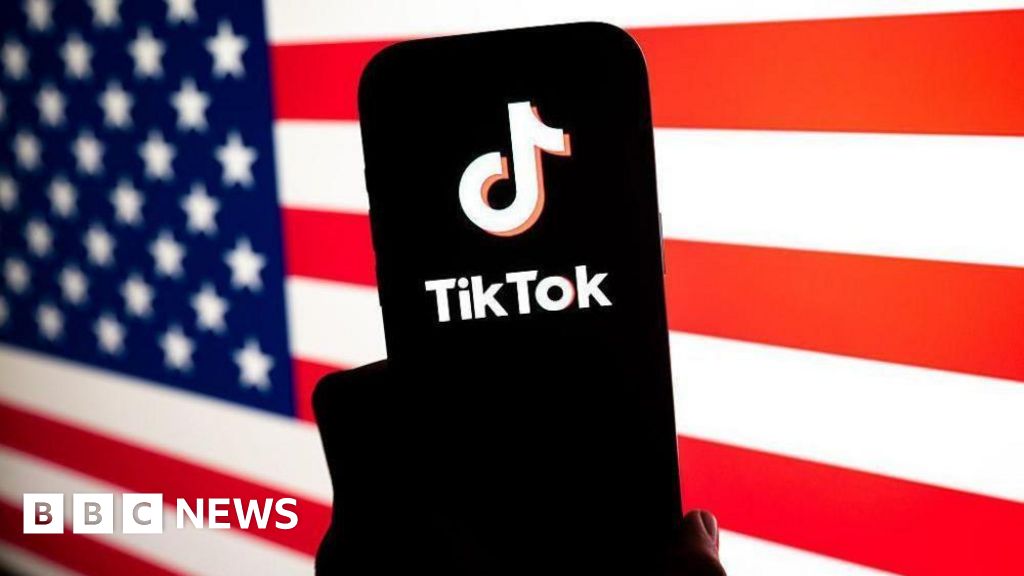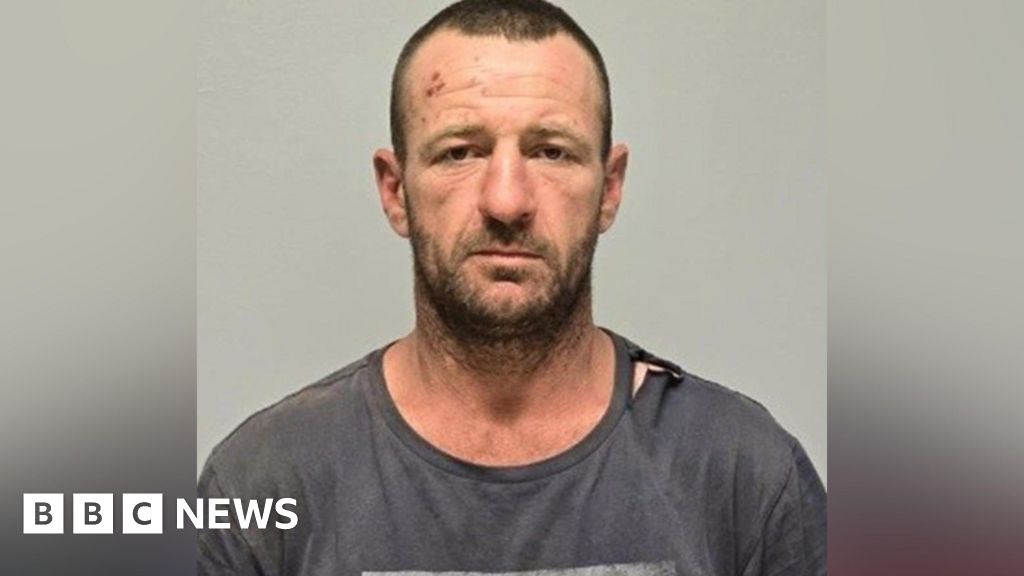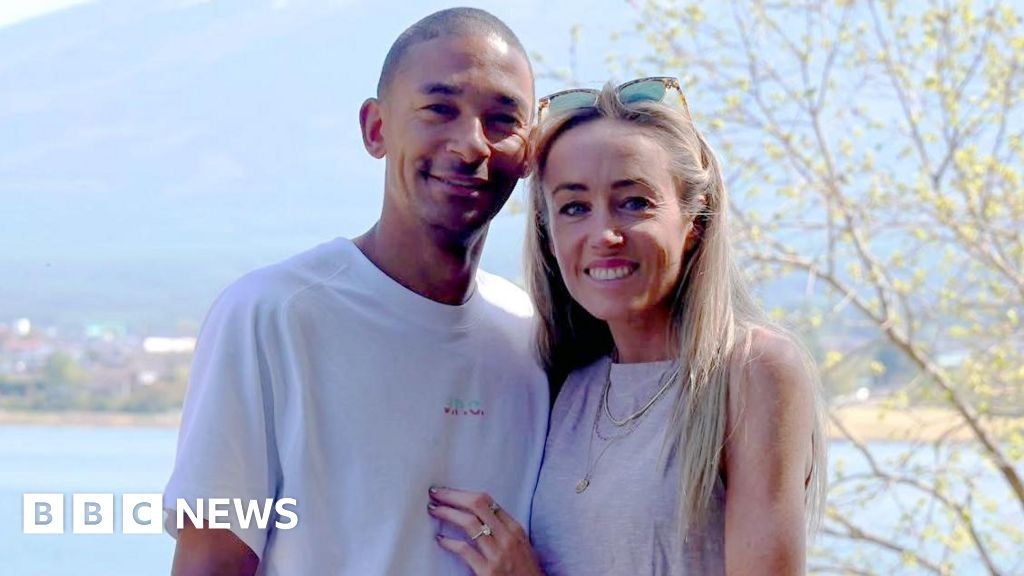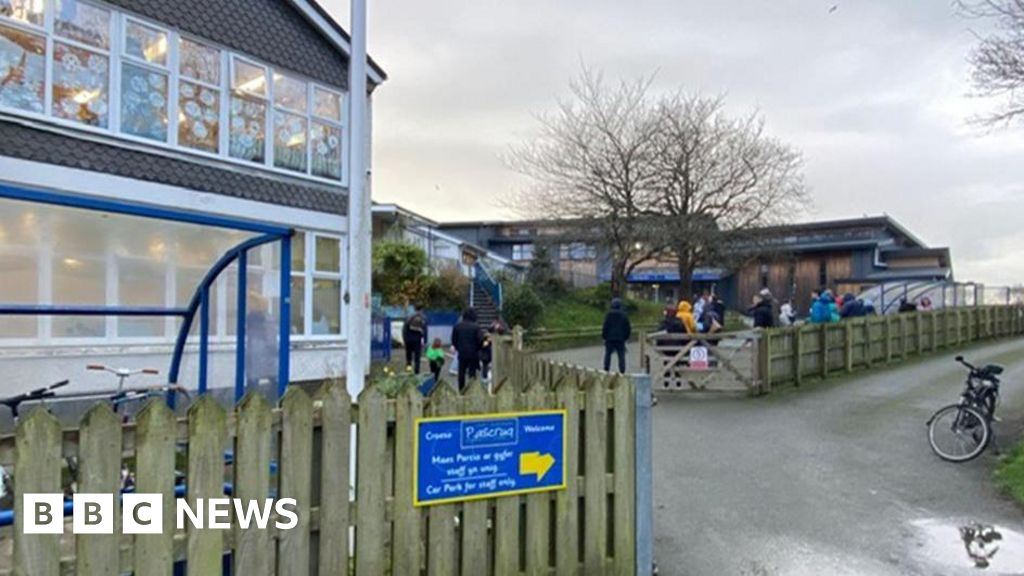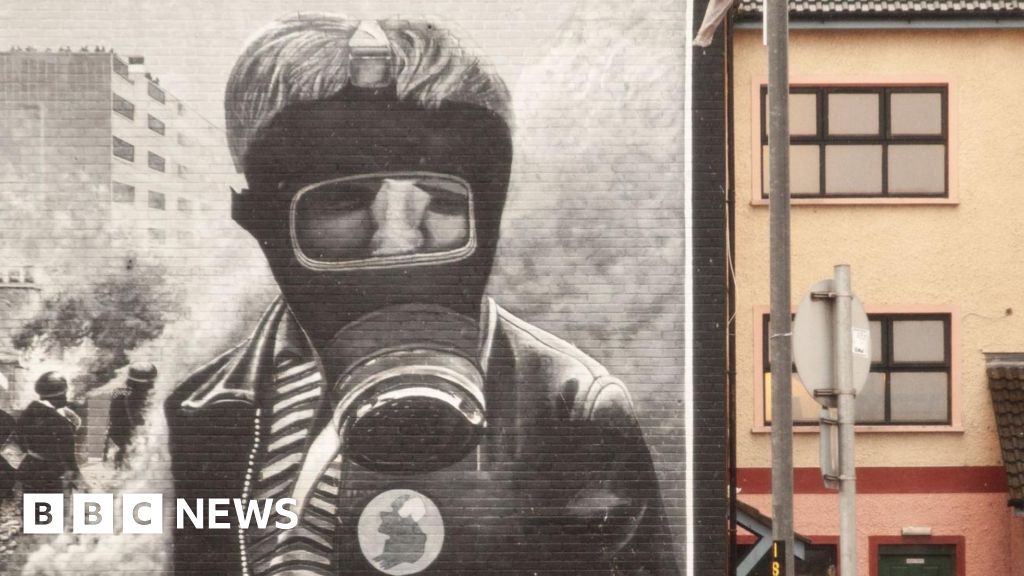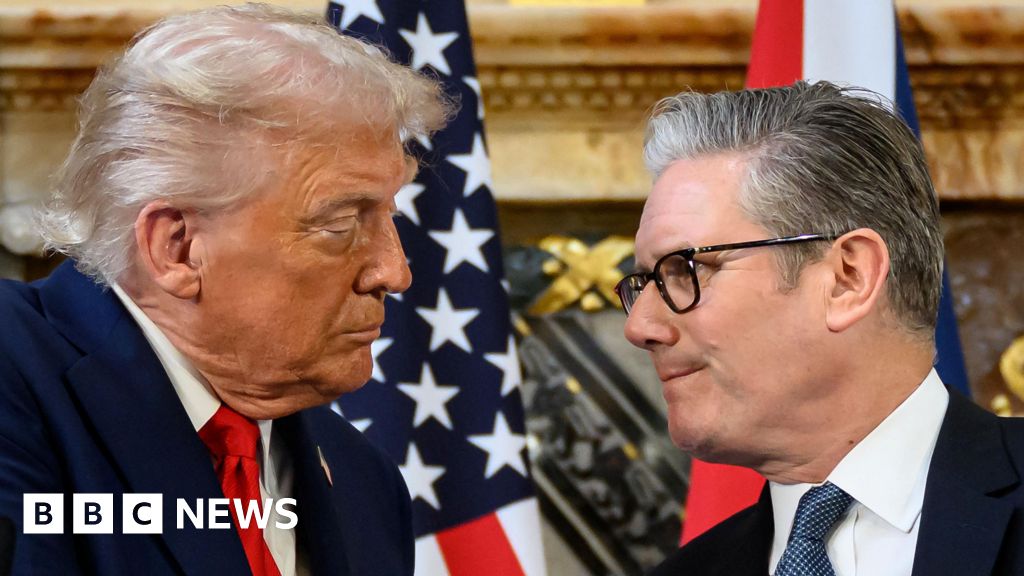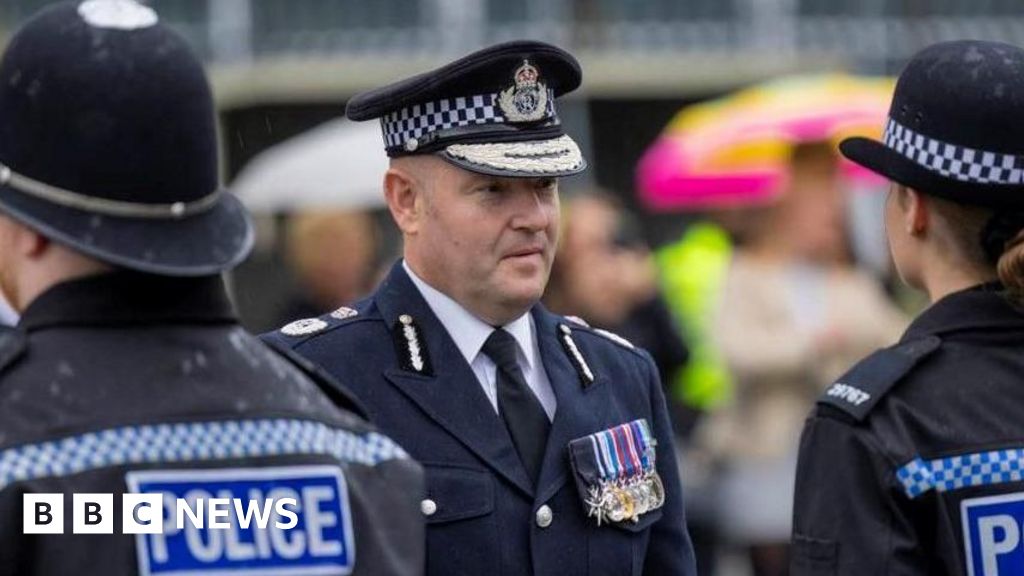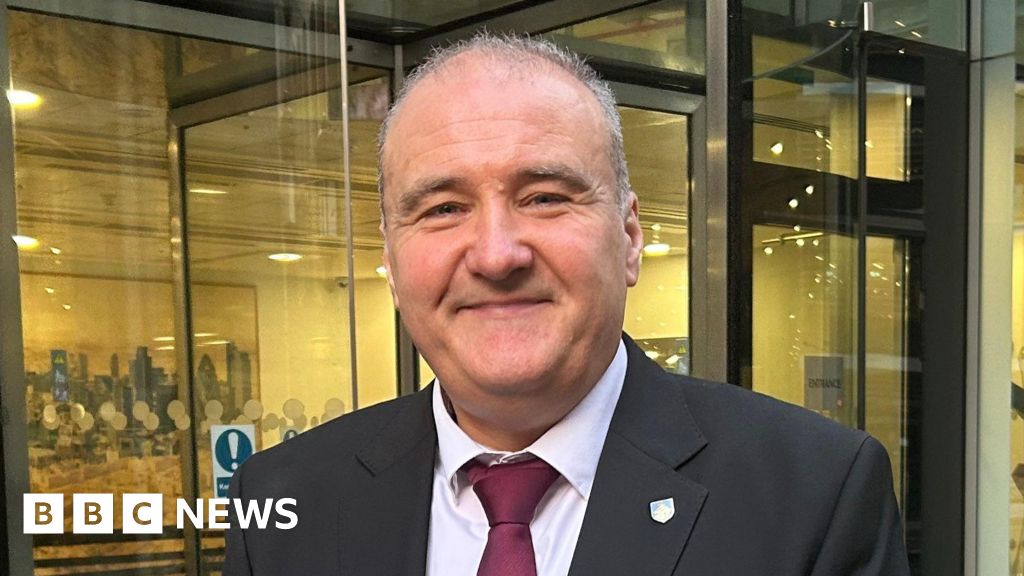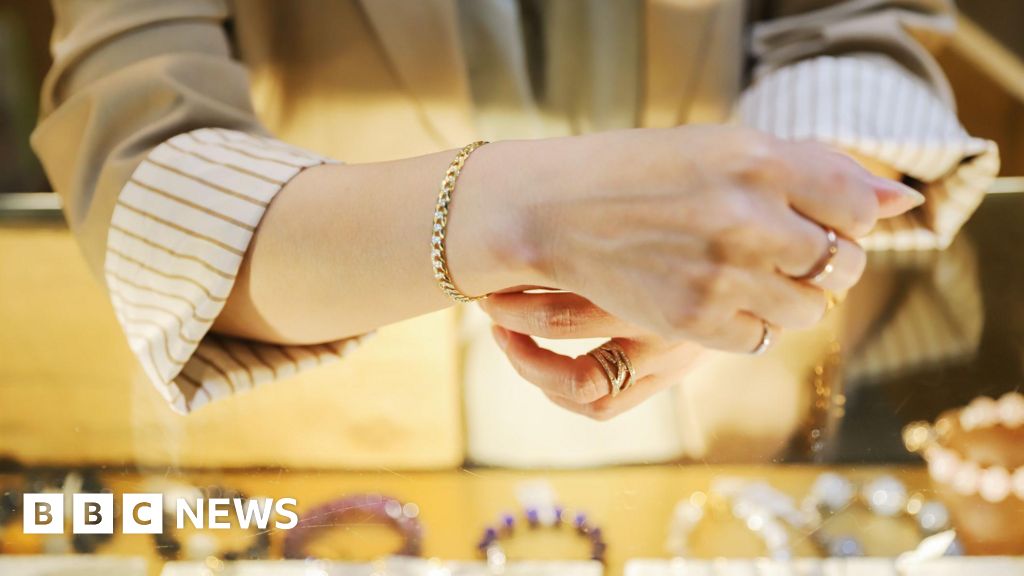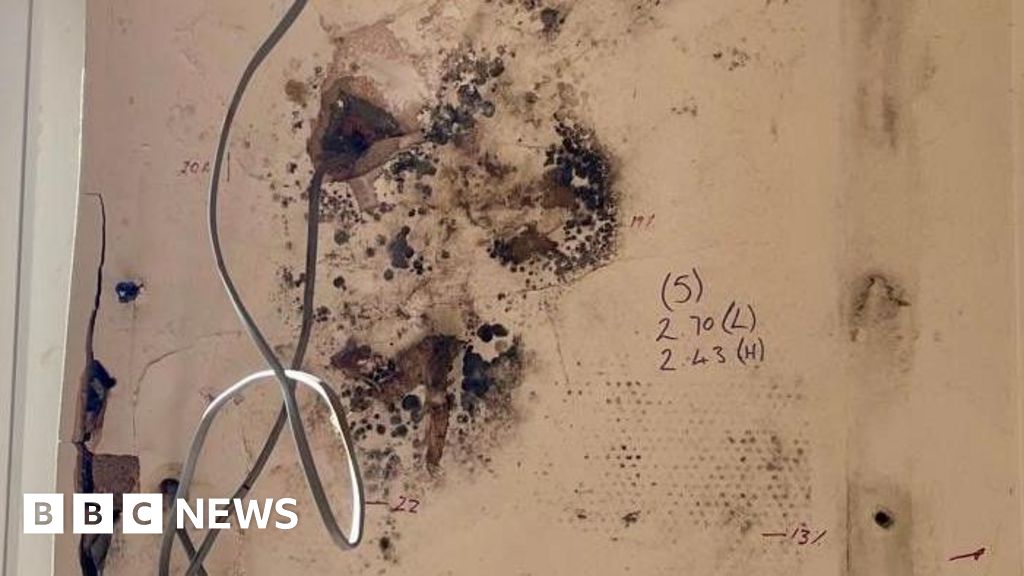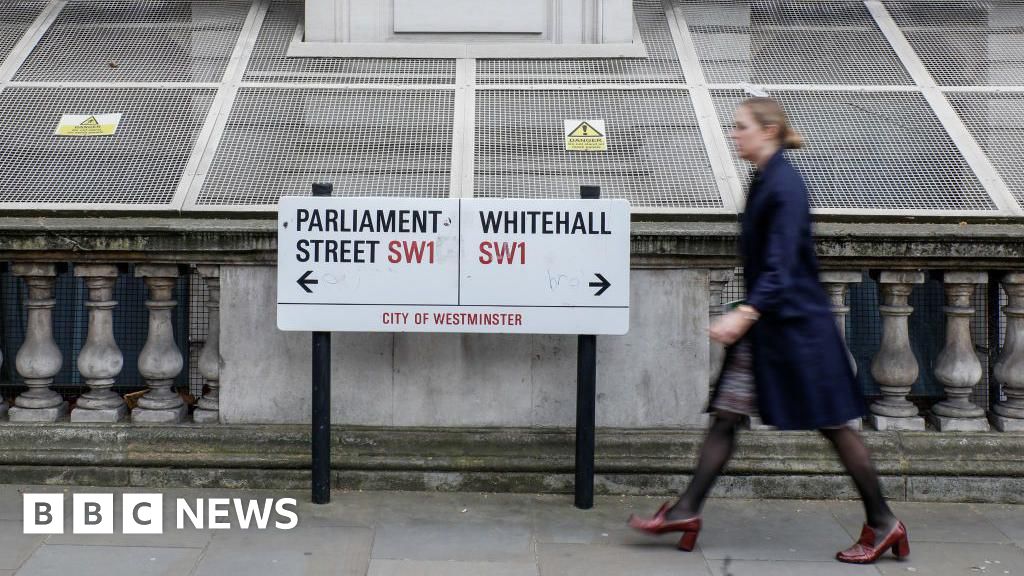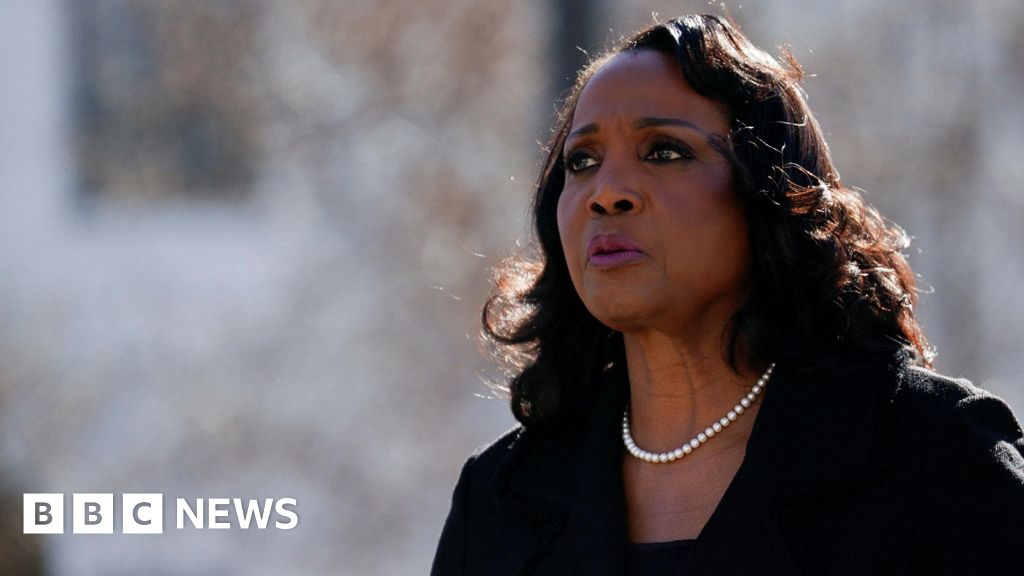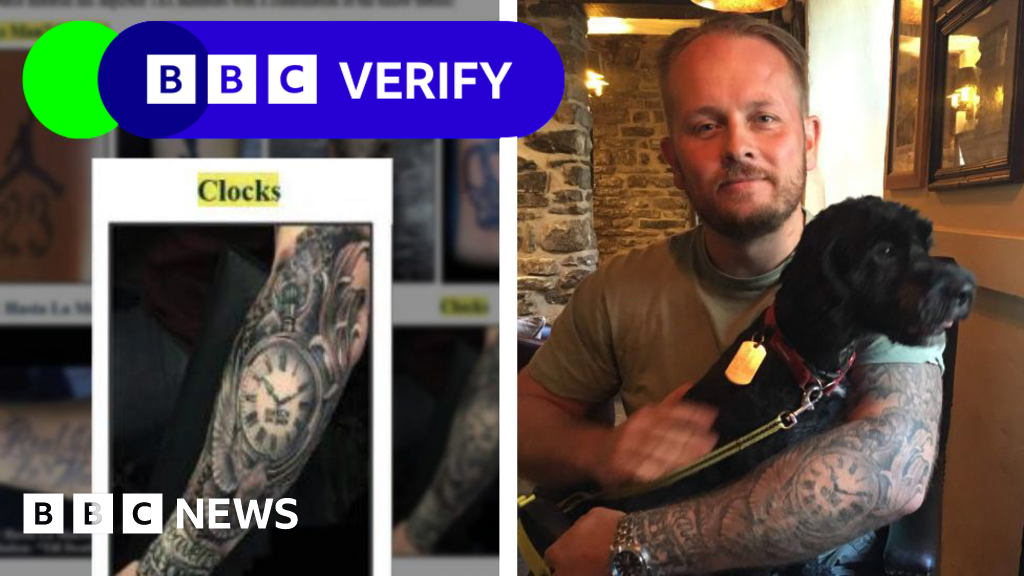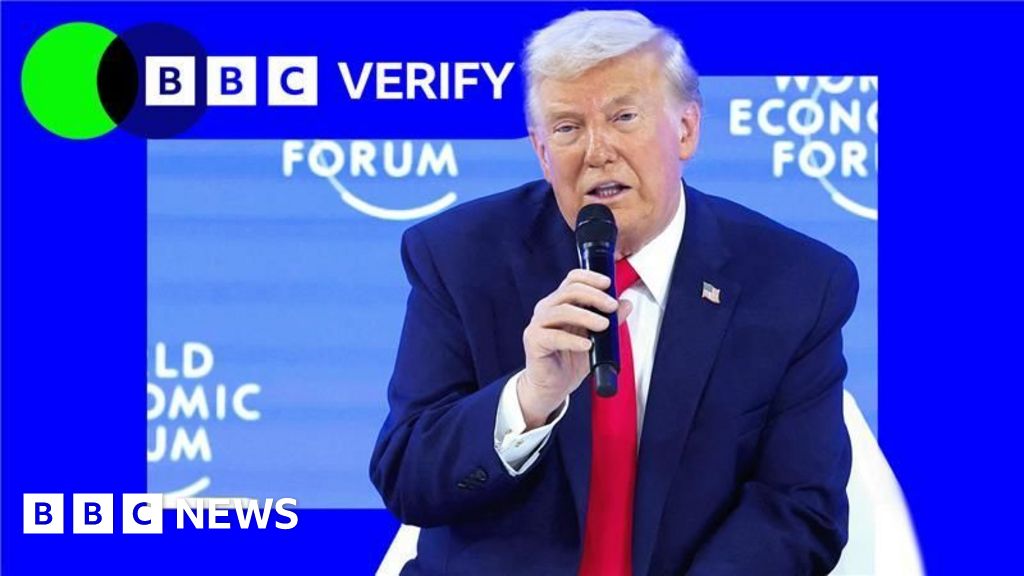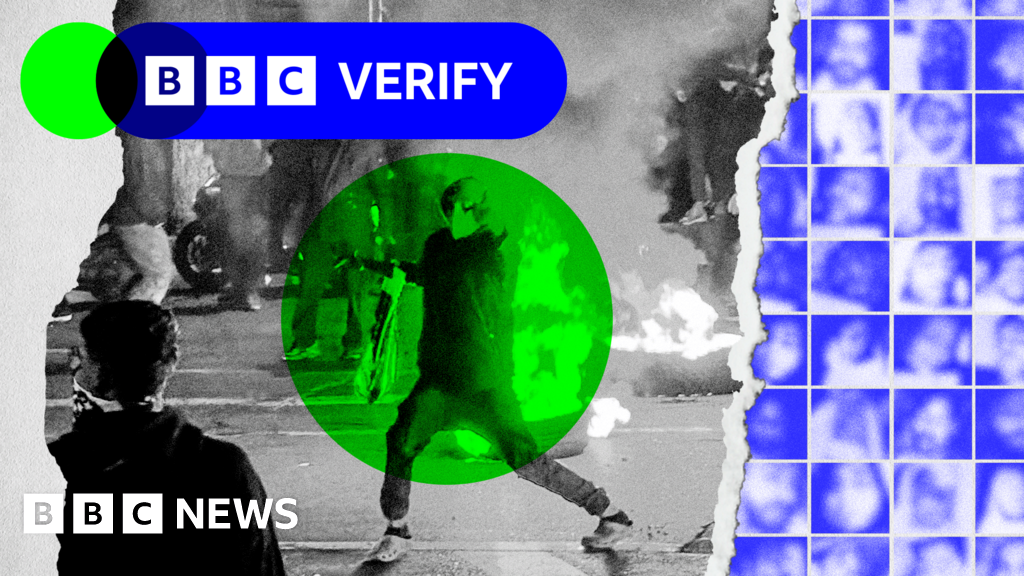A tattoo belonging to a man from Derbyshire has appeared in a US government document used to identify members of a notorious Venezuelan gang – despite the man having no connection to the group.
Pete Belton, 44, from Ilkeston says he was shocked to find his forearm featured in a Department of Homeland Security (DHS) document used to help identify alleged members of Tren de Aragua (TdA), a transnational criminal organisation.
“I’m just an average middle-aged man from Derbyshire,” he told BBC Verify.
Mr Belton said it was a “bit strange, bit funny at first” but is now worried the family trip he booked to Miami with his wife and daughter in August might end up “being a six month all-inclusive holiday to Guantanamo”.
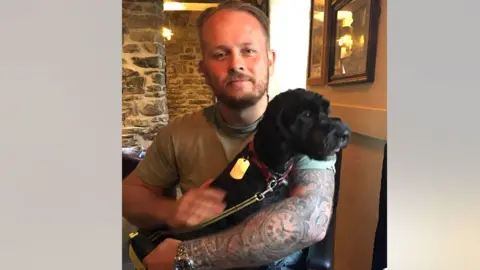 Pete Belton
Pete BeltonThe Trump administration has already deported hundreds of alleged gang members to a high-security jail in El Salvador. Lawyers for some of those deportees say they have been incorrectly identified as TdA members based on their tattoos.
Mr Belton’s tattoo – a clock face with the date and time of his daughter’s birth – was included in a set of nine images for “detecting and identifying” TdA members. Other tattoos featured stars, crowns and a Michael Jordan “jumpman” logo.
“Open source material has depicted TdA members with a combination of the below tattoos,” states the document which appeared in court filings.
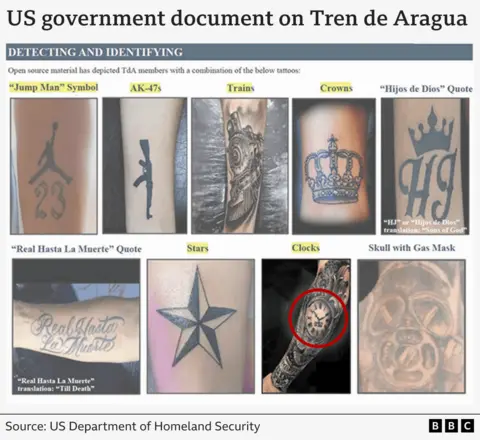
But reverse image searches show that several of the pictures first appeared on tattoo websites with no obvious links to Venezuela or TdA.
One of them led BBC Verify to an Instagram post by a Nottingham-based tattoo artist who posted about Mr Belton’s tattoo nearly a decade ago.
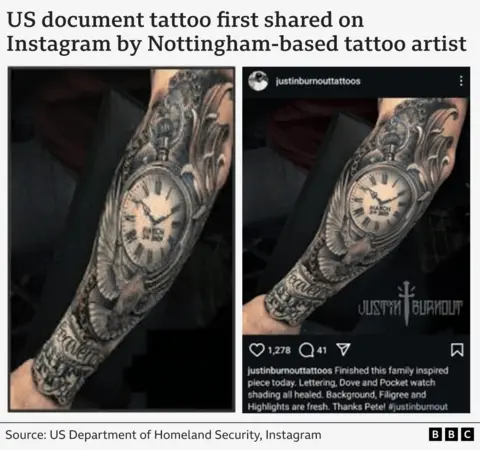
The tattoo image in the DHS document is worse quality than the Instagram post, which was shared in 2016, but it is clearly the same arm and features the same clock face tattoo.
The same image of Mr Belton’s tattoo also appeared in a September 2024 report by the Texas Department of Public Safety (DPS) about TdA activity.
BBC Verify contacted both the US DHS and the Texas DPS about the source of the images, but did not receive a response.
But in an email the DHS said it was confident in its law enforcement’s intelligence and that its “assessments go well beyond just gang affiliate tattoos and social media.”
It’s unclear exactly how Mr Belton’s tattoo ended up in the US documents, but he’s worried about being linked to the gang.
“In my head I’m thinking if I’m working in border force and I saw me walking through I’d think ‘hey up we’ve got one, he’s the one in the document’.”
He provided multiple images of the tattoo to prove that it’s his – and he says that he has no association to the Venezuelan group.
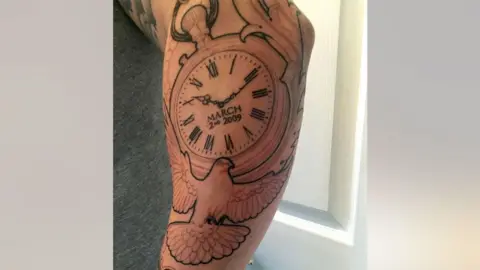 Pete Belton
Pete BeltonThe US government hasn’t deported anyone based on their tattoos alone, according to comments from an Immigration and Customs Enforcement (ICE) official in a court filing last month.
However, court documents show immigration officials are employing a points-based system known as the “Alien Enemy Validation Guide” to determine if someone is linked to the Venezuelan gang.
It includes a scorecard, and according to the document, eight points across a number of categories could be grounds for arrest or deportation.
Half of these points can be given if a “subject has tattoos denoting membership or loyalty to TdA”.
The document says if all eight points come from the symbolism category, which includes tattoos, then further consultation should be taken before designating someone as a member of TdA.
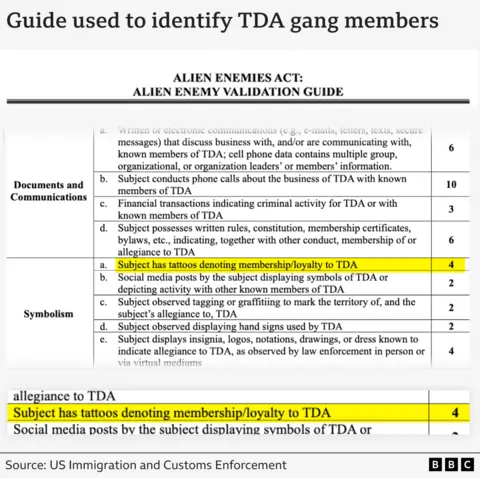
Venezuelan investigative journalist Ronna Risquez, who wrote a book on TdA’s origins, said tattoos alone are not evidence of membership.
“TdA does not have tattoos that identifies the gang,” she said.
“To confirm whether a person is a member of TdA, authorities must conduct a police investigation to determine whether they have a criminal record. A tattoo, their clothing, or their nationality are not proof.”
However, there have been cases where lawyers have argued that people have been wrongfully identified based on their tattoos and were subsequently deported.
US media have reported on a man whose lawyers say was deported because of a crown tattoo which was inspired by the Real Madrid football club logo.
Another case saw a makeup artist sent to El Salvador after his a crown tattoo with the words “mum” and “dad” was used by US officials as evidence for gang membership, according to his attorneys.
Back in Derbyshire, Mr Belton says his family have considered cancelling their trip to the US due to the potential risks, but they are going to monitor how the story develops.
“Hopefully now they’d realise I’m not a Venezuelan gangster but I’ve seen crazier things happen in the news recently, so we’re just going to wait and see.”



